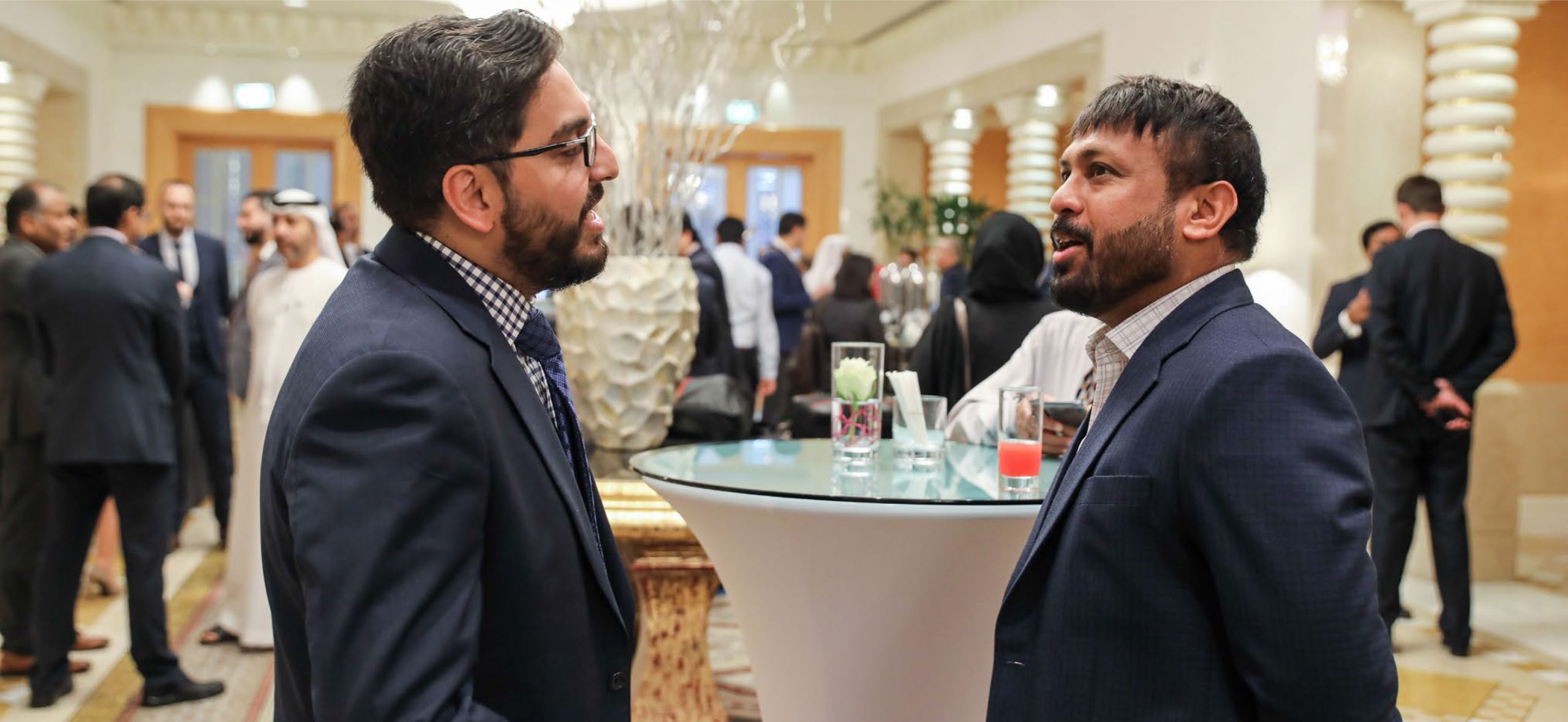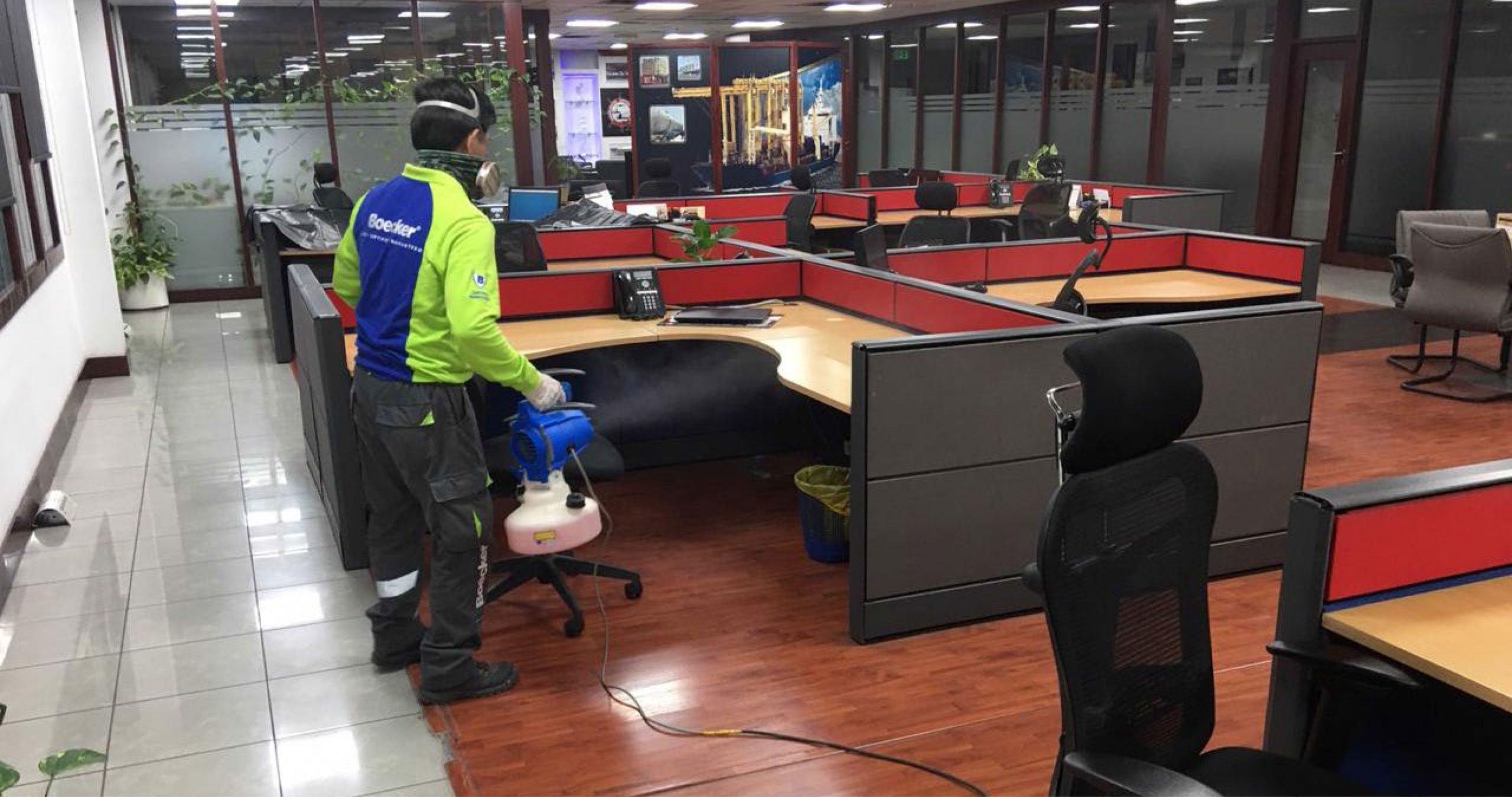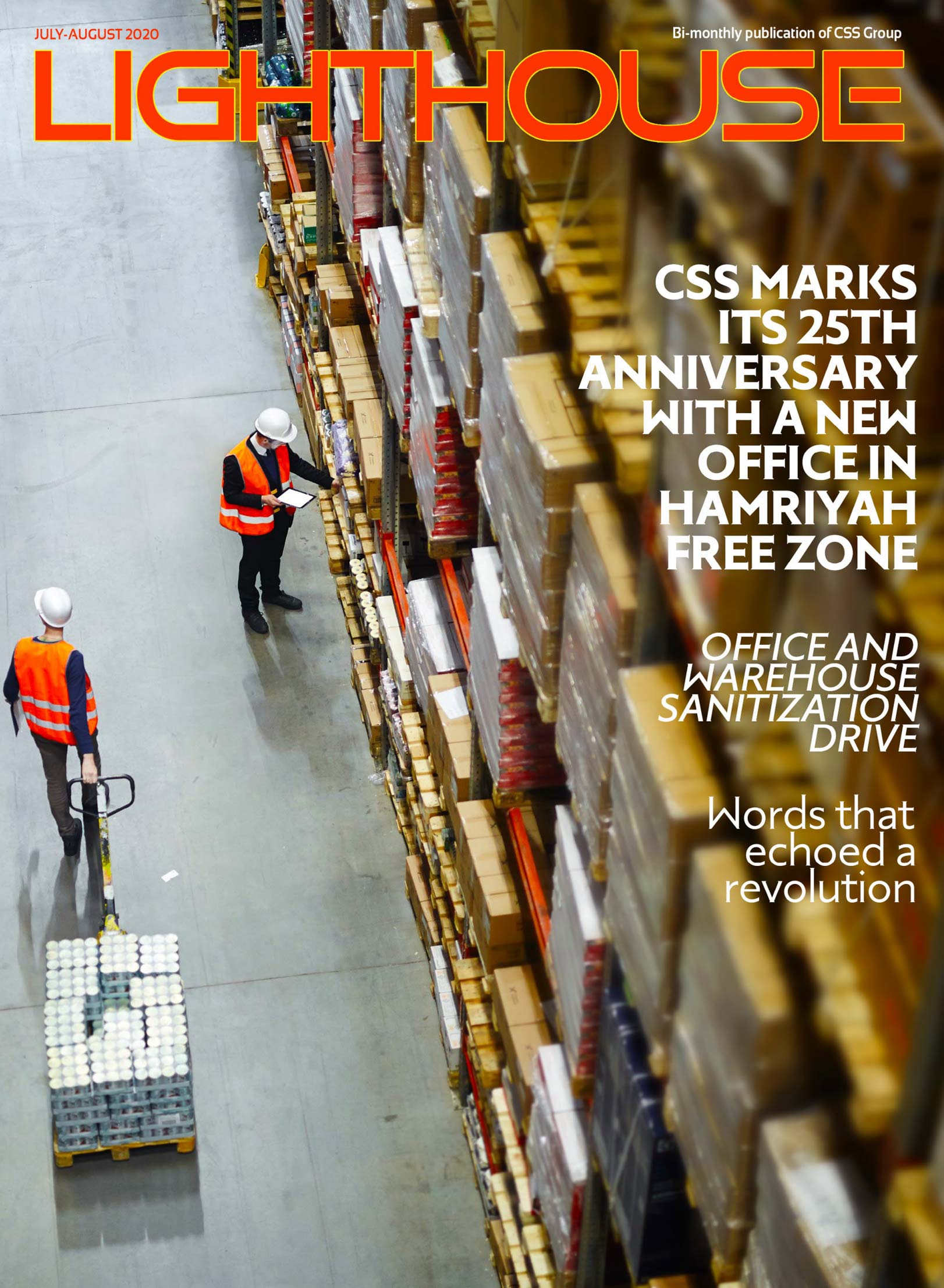Gone are the days when we really cared for our friend or family or the person who needs some help. We are moving with the worldly developments and its lightning pace but somehow this race issue despite making some minor waves, it seems to be stagnant and still prominent.
George Floyd too was in need of some consideration, sympathy and should have been offered a hand when he was lying on the floor and kept calling out for his mama. I have never met him or heard his name before this incident. Yet, George Floyd, your name is ringing loud around the globe and I am proud to be one such person to recognize how you have changed people’s feelings towards Racism.
I am a south Indian with brown skin and I have always been proud of my roots. While I was a student in the UK, I faced backlash for being brown. I look back at this time with fond memories but there were some unsavory moments, especially when it involved my race and color. To highlight one such issue, I was a 3rd year student and after a long day at the university, my friend and I decided to visit a nearby pub for a game of pool. Halfway into the round of pool, I was approached by an old man with a beer in his hands who asked me where I was from. Being a confident person and an extrovert, I replied to him saying am from India and felt that that could set the tone for a little pub conversation. I was so wrong.
He was considerably shorter than me and asked me to come closer to him, to which I obliged. His shirt had a little British flag pinned to it. He pointed to the flag and whispered into my ears that only whites are allowed in this pub. I felt a rush of anger in me and told him, excuse me! what did you just say? – just to give him the benefit of the doubt, as I may have heard him wrong. I realized I had heard it right the first time as he repeated the same thing, and for a moment I lost it. He was older to me and it’s in our nature to be polite to elders but after hearing such discriminating words, it was impossible to ignore the fact that I have been a victim to racism. I could have been confrontational but I didn’t want to throw away my life by getting into a fight with a racist old thug. Anyone at that moment could be irked and so was I, when my race was questioned in a public place where you expect to just chill and cool off. Despite those comments upsetting me, I had to be rational and do the right thing, by walking away.
I loved my life in the UK. For the 7 years I spent there, and I was fortunate to have friends from all over the world. Some of my close friends to date are British nationals. Beyond those 7 years, I couldn’t have seen myself living there any longer and I always felt out of place. It is true that you adapt to a culture especially when you’ve lived in a place for that many years like me. Even though my accent and personality changed, and I embraced the British culture throughout my time there, I always felt out of place just because of the few people who never appreciated my culture. I was called ‘Paki’ by those minorities and I was disheartened. If that word could have an adverse effect on me, then imagine how a student from Pakistan would feel? Everyone who comes to the UK comes for new opportunities and to live, learn and explore a multi-national culture. Racism can destroy their ambitions, desires and certainly will kill off their hopes in humanity. This is just my story but am sure, there are many who may have had the same experiences.
Let me go back to George Floyd before I end this article. I say a prayer for his soul and the family he left behind. He has a daughter and I am sure she can already see how her father has changed people’s perspective on racial discrimination. The protests around the world are a weapon that can trigger a drastic revolution and help everyone realize what is at stake if things remain the same. For a new change to be in place, it could take a while but I believe, George Floyd has opened people’s eyes to ensure this so-called pandemic that is racism to be addressed with much more assertiveness than in the past. Being black, brown or white should never be a reason to judge someone’s talents. Being Chinese, African, Pakistani, Sri Lankan, Indian etc. should never be the reason for a baseless and endless debates. Instead, the focus should be on their beautiful cultures. It is time the world listens and explores systemic racism. The 21st century is filled with innovations in technology and science. So why can’t there also be a focus on combating racism and its effects on people? It is time for us to reflect, learn and act, and we must never avoid our responsibility to end systemic racism. George Floyd, was a little humble giant and through his heart-breaking last words, a change is waiting to happen. My little experience is just a telltale and am sure there many more who might have had other experiences. Racism can suffocate anyone and we should unite against it.






